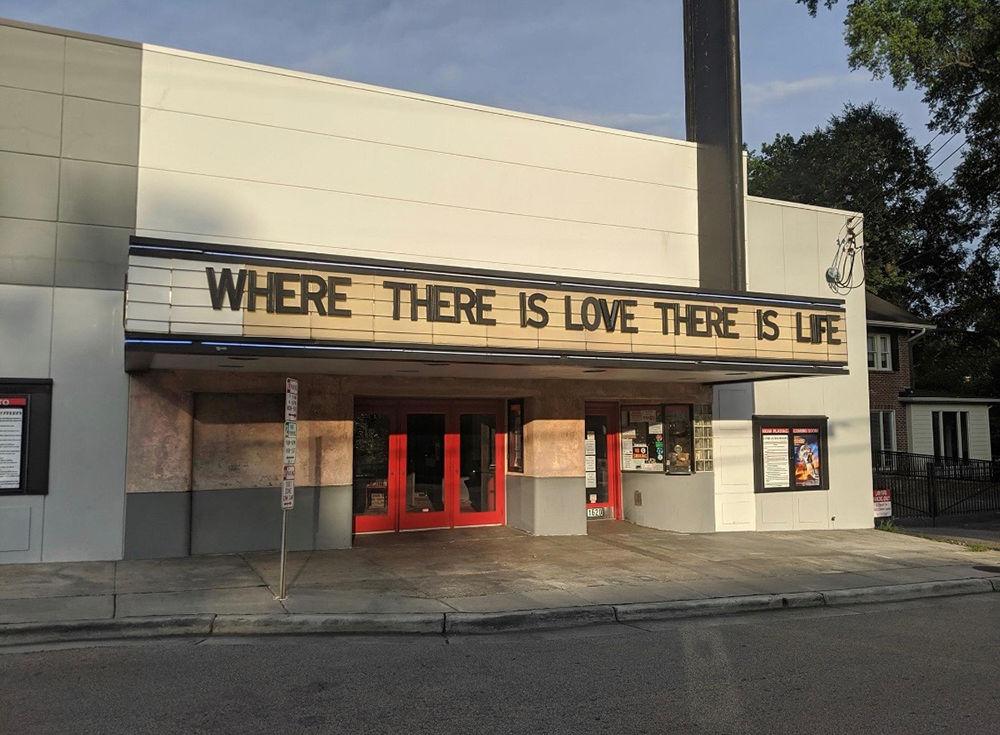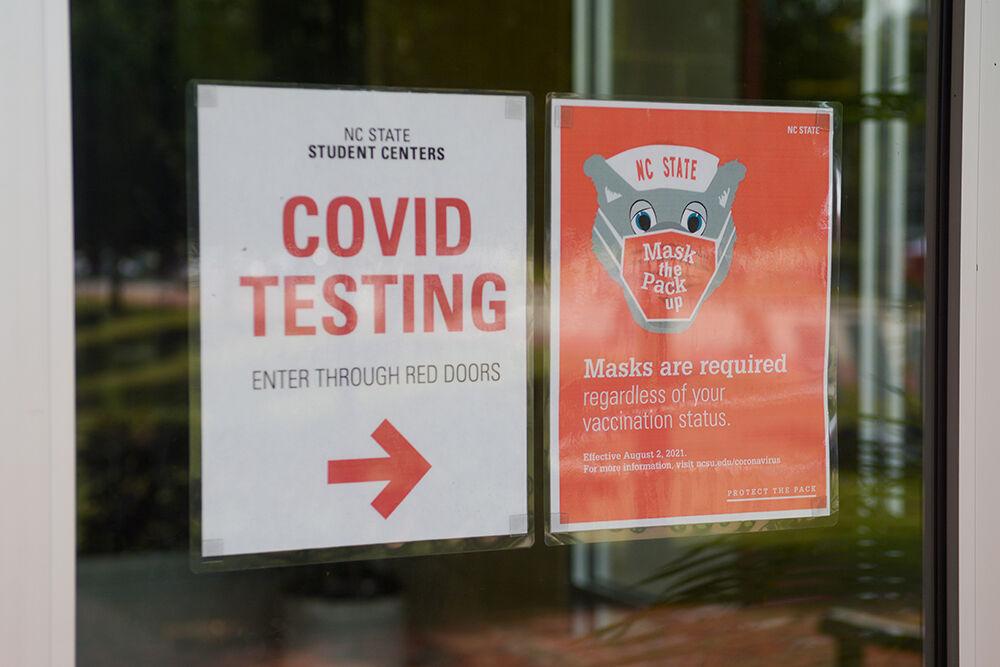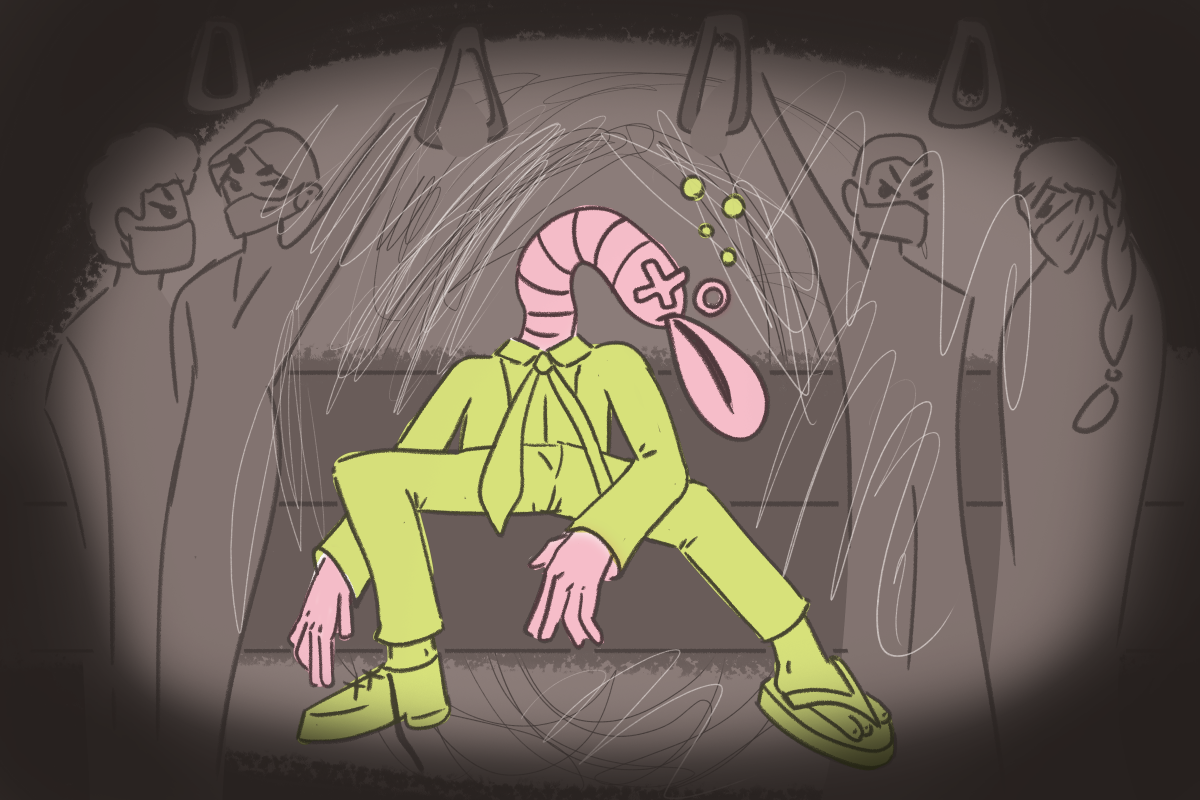The Rialto Theatre on Glenwood Avenue, like many other movie theaters in our state and country, had to temporarily close due to the COVID-19 pandemic. There is no doubt the theater industry has been hit hard financially. Independent theaters in the Triangle are having a hard time keeping their head above the water. To recover, the Rialto organized a major fundraising effort with a goal of $10,000 to support the venue and staff. As of June 17, they have exceeded their fundraising goal and raised $18,829.
According to Rialto’s Facebook page, the building dates back to 1936, when it was an A&P Grocery store, and became a movie theater in 1942. The theater retains its old-school ambiance, with a large seating area.
The marquee of the theatre displayed different messages during the COVID-19 outbreak while it was closed, some inspirational and some movie references in an attempt to uplift the current atmosphere.
Bill Peebles, owner of the Rialto, discussed the financial backlash of the pandemic. This includes stalled renovations scheduled pre-pandemic for the Rialto, such as refreshing the marquee and renovating the bar area.
“We partnered with the city to stay afloat, everything was put on hold and expenses were kept as low as possible,” Peebles said, “The GoFundMe page and popcorn being sold from the curbside concession stand every Friday helped us exceed the fundraising goal.”
According to its Facebook page, The Cinema, Inc. is Raleigh’s oldest non-profit society and one of the oldest in the country. It offers classic feature presentations monthly at the Rialto Theatre at an annual rate of $20. However, due to COVID-19, they have had to cancel the rest of their screenings.
Peter Corson is an adjunct associate professor in the mechanical engineering department at NC State and the president of The Cinema, Inc. Corson has been on the group’s board since 1974. Reflecting on the historic Rialto Theatre and The Cinema, Inc., Corson highlights the relationship between these two organizations.
“The Rialto has 430 seats and Cinema Inc. has enough subscribers to fill those seats,” Corson said. “Rialto closing and social distancing measures led to us cancelling the rest of the feature films for the year and offering a partial refund to our subscribers. [The Cinema, Inc. is] the strongest supporter of Rialto, and our subscribers drive a lot of traffic to the concession stand traffic monthly. Needless to say, business at the Rialto has been hit the hardest.”
Small businesses everywhere are having to come up with creative ways to keep money flowing in. The Rialto Theatre along with their sister enterprise, Six Forks Cinema, is selling all of their concession stand favorites on Fridays and Saturdays. You can call ahead and set up a pick-up time or order at the box office.
Theaters in North Carolina were scheduled to reopen in phase 2 with strict measures being implemented, but were not allowed to open as originally expected. Nevertheless, the Rialto has plans for reopening whenever it’s permitted by the state.
“Every other row will be roped off and skipped,” Peebles said. “Social distancing will be strictly implemented even on the sidewalk of Rialto. No more than six people will be allowed to stand in the lobby at a time. All patrons will be required to wear PPE while entering and leaving the theater.”
According to Peebles, when the theater opens, the staff will include one manager, one usher and one staff member cleaning the facility at all times. There will be plexiglass shields at the Box Office and concession counters and social distancing will be enforced. Movie-goers will have their temperatures taken before entry and will be required to wear masks and gloves. Hand sanitizer will also be provided.
For The Cinema, Inc., however, resuming feature films may be a thing for the future and they are working out details post-pandemic.
“Cinema, Inc. has been screening at the Rialto for the past 25 years, for us this is a labor of love and hope to screen the best movies in the history of cinema,” Corson said. “Having such a long history helps, it helps us develop projections for future attendance and make decisions. We are working to see what the future holds.”
*Editor’s Note: An earlier version of this article incorrectly quoted Peter Corson. The quote was corrected on June 18.
Editor’s Note: Updated byline.


















